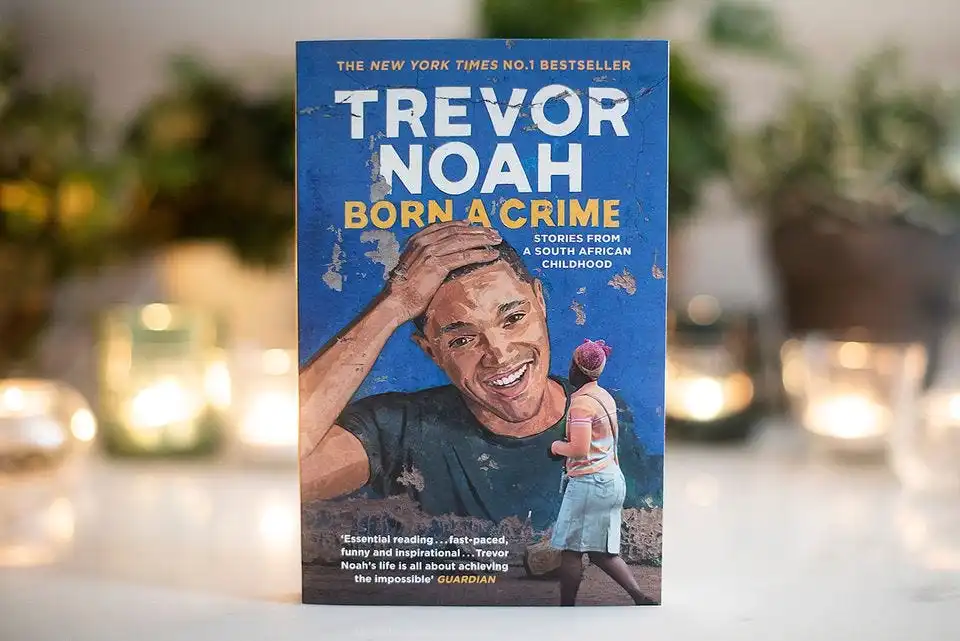Pop-Up Brothels, Severed Tongues and Creepy Nursery Rhymes

Editor’s note: We’re thrilled that our longtime columnist, Marilyn Stasio — who’s been recovering from a traffic accident — is finally back in our pages with her crisp, sharp, tartly funny takes on the latest crime novels. We’ve missed her, and we know you have, too.
Yuck! That’s the English word that unavoidably springs to mind when handling a novel by Lars Kepler, the pen name of the Swedish husband-and-wife writing team of Alexandra Coelho Ahndoril and Alexander Ahndoril. THE RABBIT HUNTER (Knopf, 512 pp., $27.95) is a graphic example of their stomach-churning style. Let’s put it this way: It’s not the killings that are disturbing — it’s what happens to the body parts.
The translation by Neil Smith adheres to the authors’ sanguinary style with descriptive accounts of subsequent murders by a killer or killers who seem to have it in for politicians. Given the high rank of the targeted victims, the case falls to Saga Bauer, a Security Police officer with a specialty in counterterrorism and a penchant for showing up at crime scenes dressed in a black leather bodysuit.
Kepler injects the sweet voice of a child chanting a nursery rhyme about bunnies before each execution-style death. (“Ten little rabbits, all dressed in white / Tried to get to heaven on the end of a kite. …”) But that’s more a grace note than a plot point in a story that hops from political terrorism to psycho-killer suspense in a heartbeat. No fluffy tales here.
Whatever will they come up with next? In MANY RIVERS TO CROSS (Morrow, 377 pp., $28.99), Peter Robinson’s new mystery featuring his simpatico police detective, Alan Banks, it’s “pop-up brothels.” These floating escort agencies materialize out of nowhere to service patrons who trawl the dark web to find them — only to quietly fold their tents and disappear once the police get wind of them.
“They can be quite sophisticated,” observes Banks, ever the master of British reserve and understatement. But these enterprises are part of a pervasive flesh-peddling racket that victimizes young women who are lured to England with promises of respectable jobs, only to be tricked out as prostitutes. That old story is given a new twist when Zelda, one of these involuntary recruits, turns out to be a “super-recognizer,” an individual gifted (or cursed) with extraordinary abilities to place a face. As always, Robinson approaches his characters with immense compassion. But it’s Zelda’s uncanny skills, not her vulnerable humanity, that are of intense interest to the police — and even more so to the criminals who hold her life in their hands.
We all need other people, but some of us sadly find ourselves in need of suspiciously helpful strangers — call them Samaritans — like the ones we meet in C. J. Tudor’s eerie thriller, THE OTHER PEOPLE (Ballantine, 324 pp., $27).
Gabe finds himself accepting the dubious assistance of such a shadowy syndicate following the disappearance of his 5-year-old daughter, Izzy. Driving home from work one evening, Gabe is stunned to see a child who looks exactly like Izzy in the back seat of a car that passes him on the highway. It must be an illusion, he tells himself — surely his daughter is at home with his wife — until the little girl looks directly at him and mouths the word: “Daddy!” Unnervingly, upon his arrival home, he finds the police on his doorstep.
Perhaps worse than the finality of death, “missing is limbo,” he reflects, stung by the pain of studying old photographs of absent loved ones, “their hairstyles becoming more dated, their smiles more frozen with each missed birthday and Christmas.”
Fast forward three years: The car Gabe saw on the highway is pulled from a lake, a rotted body in the trunk, and Gabe is thrown back into the old nightmare. Better make that a fresh nightmare, because at the hands of Tudor, the real pain is yet to come.
“I recognize these ears.”
Now, there’s a laugh line for you. But Brynn Callahan, the gutsy heroine of Susan Furlong’s latest mystery, SHATTERED JUSTICE (Kensington, 293 pp., $26), doesn’t crack a smile when she says it. A sheriff’s deputy in a remote Tennessee community known as Bone Gap, Brynn had seen those severed ears — “bloodstained, blue-tinged flesh, strung up to dry like anemic chili peppers” — just the night before, at a local bar. In a healthier state and sporting a silver horseshoe stud, they had belonged to a male stripper who had danced at a hen party and staggered off at the end of the night with one of the guests. This morning, they turned up at a children’s playground, displayed under the crude scribble: “Hear no evil.”
What’s next? A severed tongue, accompanied by a warning to “Speak no evil”? Well, yes, because that’s the kind of humor that gets grim laughs in this gritty series, a real find, if you ask me. The thickly forested setting is gorgeous, once you look past the armed militia encampments pitched in the woods. And the locals are just quirky enough to make you forget they can also be dangerous. But the sturdy wildflower in this treacherous terrain is Brynn, who lives with a dog named Wilco, “once the best damn HRD (human remains detection) dog in the entire Middle Eastern conflict.” The question is, are these two veterans tough enough to survive on the home front?




